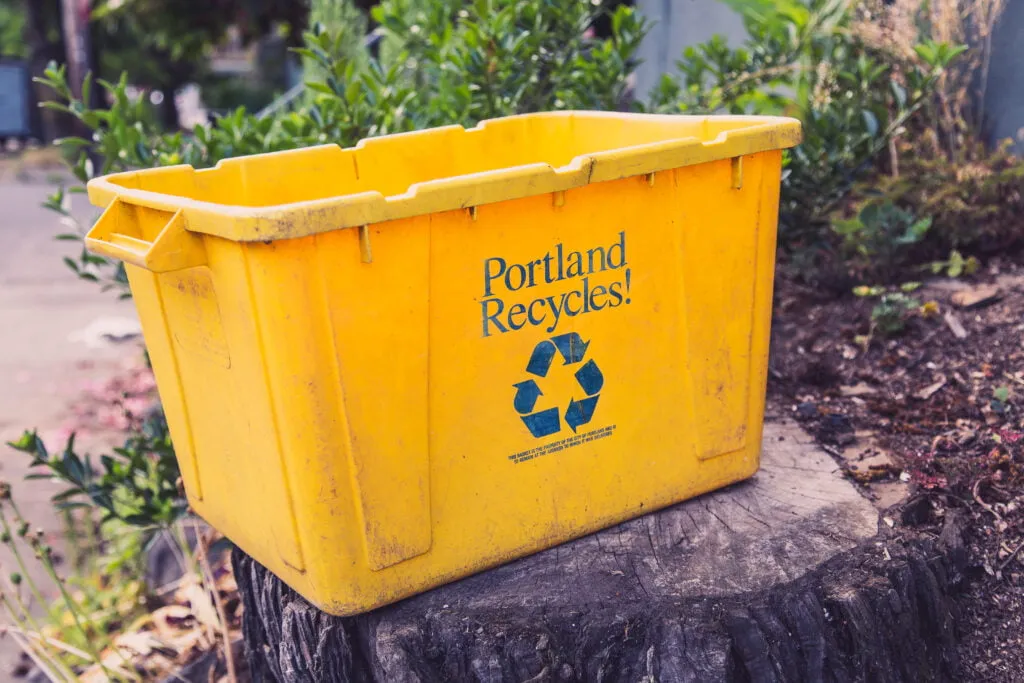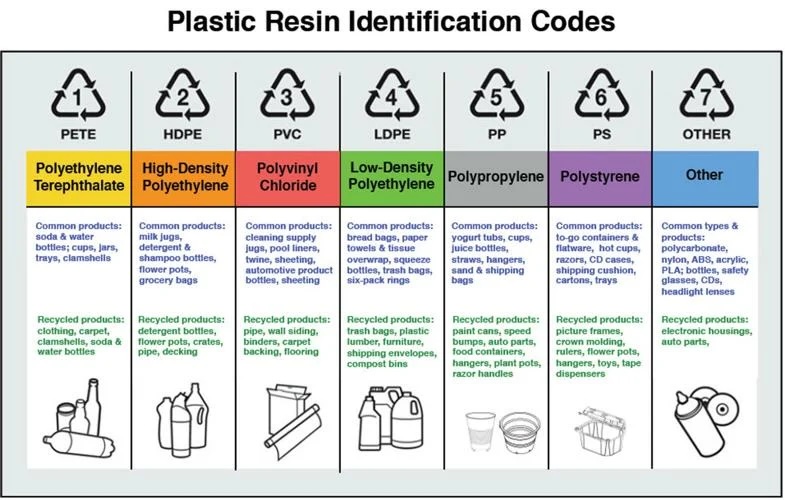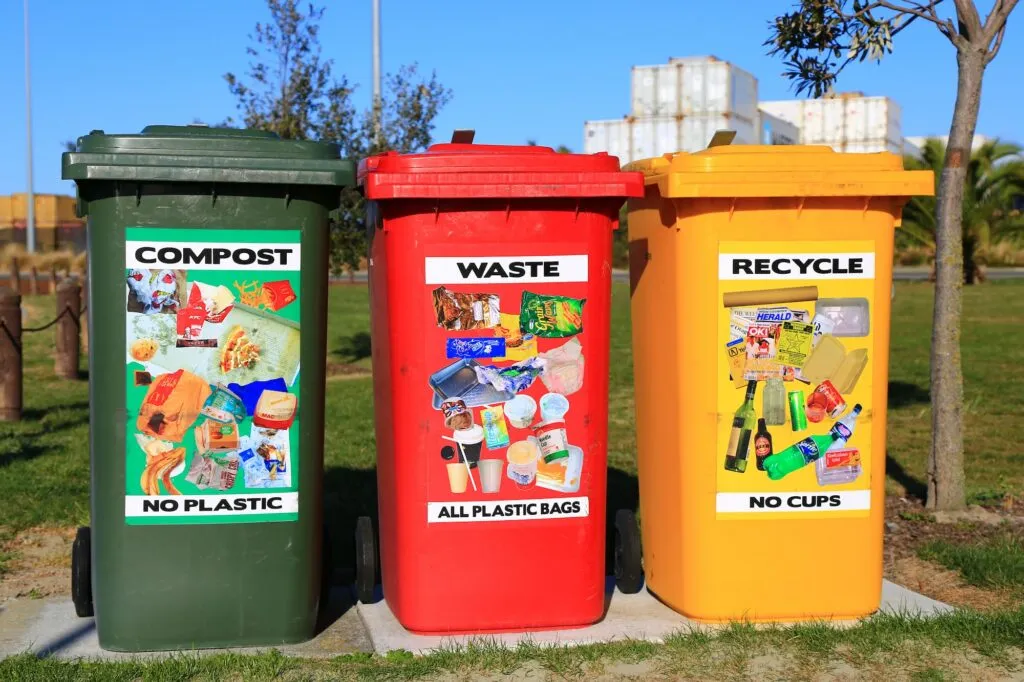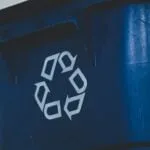Recycling is one of the simplest ways to reduce your environmental footprint, but figuring out how to do it properly can be confusing. Between the different rules in every city and the mysterious symbols on packaging (we explain those), it’s no wonder many beginners aren’t sure where to start.
The good news? Learning how to recycle doesn’t have to be complicated. Once you understand a few basics, recycling becomes second nature—and you’ll feel good knowing you’re helping the planet in the process.
How Recycling Works
Before discussing what you can and can’t recycle, it’s helpful to understand what recycling is. At its core, recycling is turning used materials into new products, giving them a second life instead of sending them to a landfill.
It all starts with collection, whether from curbside bins, recycling drop-off centers, or businesses. These materials are then transported to a materials recovery facility (MRF) and sorted by type: paper with paper, plastics with plastics, and so on. Once sorted, the materials are processed, cleaned, shredded, or melted down into raw forms. These raw materials are then sold to manufacturers, who use them to make new products—from aluminum cans to recycled paper to clothing made from plastic bottles.
Understanding this journey can make you more mindful of what you toss in the bin—and why doing it right matters.

How to Recycle: What You Can and Can’t
Every recycling program is a little different, but most accept similar items, including paper, cardboard, aluminum cans, glass bottles, and certain types of plastic (usually marked with a #1 or #2 on the bottom). That number refers to the resin type used to make the plastic—something we’ll cover more shortly.
Items that often can’t be recycled include plastic bags, greasy pizza boxes, foam containers, and electronics, which either contaminate the recycling stream or require special handling. That’s why checking with your local waste management service is essential to confirm what’s accepted in your area.
How to Recycle: Know Those Recycling Symbols
You’ve probably noticed the “chasing arrows” triangle on the bottom of plastic containers. Inside that triangle is a number from 1 to 7 indicating the type of plastic. While it might seem like the symbol means the item is recyclable, that’s not always the case.
For example, #1 (PET) and #2 (HDPE) plastics are widely accepted, while #6 (polystyrene) and #7 (miscellaneous) are often not recyclable curbside. Learning which numbers your local facility accepts can prevent “wish cycling,” such as tossing something in the bin and hoping it gets recycled. Below we shared an image that describes these in more detail.

How To Recycle: Clean and Sort Before You Toss
One of the most overlooked parts of recycling is prep. A peanut butter jar still coated in peanut butter or a soda can filled with liquid can ruin an entire batch of recycling. Always give recyclables a quick rinse to remove any food residue. Ensure the cardboard is dry and clean, and flatten boxes to save space.
Removing non-recyclable parts from items, like plastic windows from envelopes or metal lids from glass jars (although those can usually be recycled separately), is also helpful. These small steps make a big difference.
Some items don’t belong in your regular recycling bin, but that doesn’t mean they’re destined for the landfill. Many grocery stores offer plastic bag recycling drop-offs, and electronics stores often accept batteries, cords, and small devices for responsible disposal. There are also community collection events for hazardous waste like paint, chemicals, and e-waste.
If you’re unsure where to take something, your local municipality’s website is a great place to check.
While recycling is important, it’s just one piece of the sustainability puzzle. The most effective way to reduce waste is to create less of it in the first place. Choose reusable products when possible, avoid single-use plastics, and buy items made from recycled materials. Composting food scraps is another excellent way to keep waste out of landfills, mainly since food waste contributes to methane emissions.

Make Recycling a Habit, Not a Hassle
The key to successfully recycling is making it part of your routine. Set up a dedicated bin near your trash can, label it clearly, and talk to your family or roommates about what goes where. The more convenient you make it, the more likely everyone will stick with it. Over time, sorting your waste will become second nature, and you’ll feel empowered knowing you’re making a positive impact.
Recycling isn’t about being perfect—it’s about making better choices, one item at a time. For beginners, the most important thing is to start with the basics, stay curious, and keep learning. As recycling systems evolve, so will the resources and tools available to help you recycle smarter. And remember: even small steps toward sustainability can lead to significant change.





